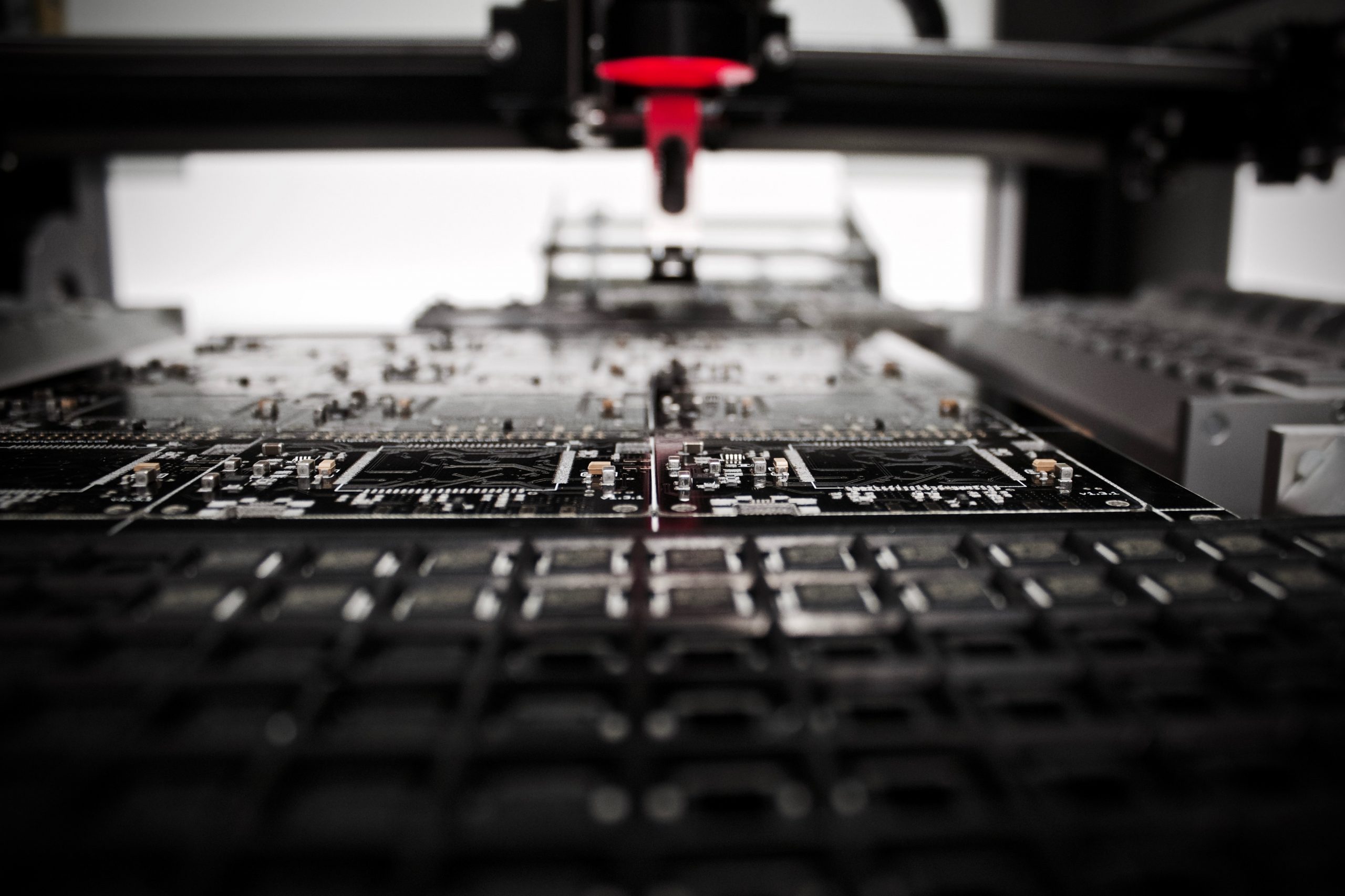When we talk about how RPA is changing the way we work, the very first question hit our conscious is that will robots take our jobs? Will there be unemployment reckoning?

Fortunately, the answer is NO! RPA doesn’t replace the existing workforce, rather it works in collaboration with them to bring enhanced accuracy, accessibility, affordability and productivity in the system.
Industries and businesses are increasingly turning towards RPA solutions to handle high-volume repetitive tasks and free up their employees to utilize their potential in jobs that requires higher human logic and reasoning.
In this write-up, we will see how RPA technology is impacting the work-culture of different industrial sectors.
Mitigating risks in Finance.
RPA is making a mark in streamlining auditing system, managing foreign exchange, and promoting transparency in countering frauds. The technology is also being used for compiling data from different sources for proper screening and analysis.
Monitoring and managing data in Medicare.
In healthcare “software bots” have been used to fill and retrieve patient medical history, analyse bills to identify errors, organise records, process claims and prepare the end-of-the-day reports to top management.
Removing repetitive tasks in Insurance.
In the insurance sector, RPA services have been utilized in archiving customer information and pulling relevant data for formulating new policies, executing policy renewals and processing claims.
Offering competitive advantages in Manufacturing.
Manufacturers, distributors and retailers form the core part of any manufacturing unit. With RPA tools in place, software bots are handling many manual processes like request preparation, vendor credits verification, and documents verification. Thus, allowing the manufacturing sector to gain a competitive edge.
Better resource allocation in customer service.
Service sectors are using RPA applications to automate tasks that are repetitive in nature like order processing and sending shipping notifications. Thus, taking a step forward in delivering flawless customer service in a personalized way.
Empowering legal teams
At the core of any legal practice lies doing in-depth research, handling a lot of paperwork, carrying out voluminous data gathering and taking care of crucial information management. This work is mostly repetitive and monotonous in nature. Thus, law firms are using the RPA process to automate these routine based tasks and to free up their staffs for more value-enriched work.
Conclusion.
In short, RPA is changing our work environment by:
- Transforming decision-making from human inputs to AI algorithms
- Switching from physical monitoring to RPA alternatives
- Shifting from a human-oriented approach to the machine-driven process.
- Enhancing the effectiveness of employees by adjusting them to the RPA environment.
- Connecting emotionally with the employees to eliminate their fears emerging out of RPA initiated changes.







Leave a Reply